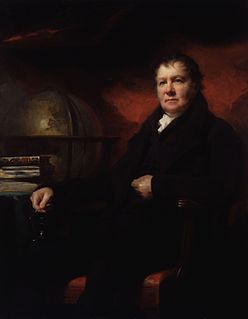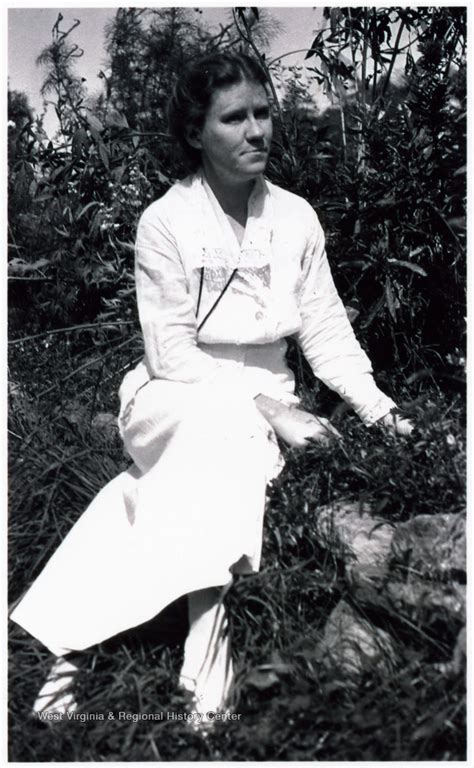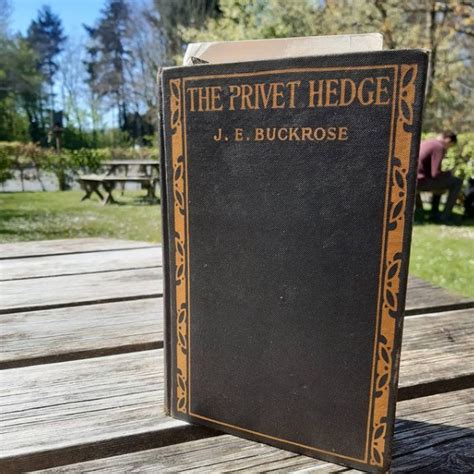A Quote by John Playfair
The Author of nature has not given laws to the universe, which, like the institutions of men, carry in themselves the elements of their own destruction; he has not permitted in his works any symptom of infancy or of old age, or any sign by which we may estimate either their future or their past duration. He may put an end, as he no doubt gave a beginning, to the present system at some determinate period of time; but we may rest assured, that this great catastrophe will not be brought about by the laws now existing, and that it is not indicated by any thing which we perceive.
Quote Topics
About
Age
Any
Assured
Author
Beginning
Brought
Carry
Catastrophe
Destruction
Doubt
Duration
Either
Elements
End
Estimate
Existing
Future
Gave
Given
Great
His
Infancy
Institutions
Laws
Like
May
Men
Nature
No Doubt
Now
Old
Old Age
Own
Past
Perceive
Period
Permitted
Present
Put
Rest
Sign
Some
Symptom
System
Themselves
Thing
Time
Universe
Which
Will
Works
Related Quotes
It is one thing for the human mind to extract from the phenomena of nature the laws which it has itself put into them; it may be a far harder thing to extract laws over which it has no control. It is even possible that laws which have not their origin in the mind may be irrational, and we can never succeed in formulating them.
In every remodelling of the present, the existing condition of things must be supplanted by a new one. Now every variety of circumstances in which men find themselves, every object which surrounds them, communicates a definite form and impress to their internal nature. This form is not such that it can change and adapt itself to any other a man may choose to receive; and the end is foiled, while the power is destroyed, when we attempt to impose upon that which is already stamped in the soul a form which disagrees with it.
It is about a period in aviation which is now gone, but which was probably more interesting than any the future will bring. As time passes, the perfection of machinery tends to insulate man from contact with the elements in which he lives. The 'stratosphere' planes of the future will cross the ocean without any sense of the water below. Like a train tunneling through a mountain, they will be aloof from both the problems and the beauty of the earth's surface.
I had refused to pay any attention to the moral laws upon which all our vitality and sanity depend: and so now I was reduced to the condition of a silly old woman, worrying about a lot of imaginary rules of health, standards of food-value, and a thousand minute details of conduct that were in themselves completely ridiculous and stupid, and yet which haunted me with vague and terrific sanctions. If I eat this, I may go out of my mind. If I do not eat that, I may die in the night.
The great passion in a man's life may not be for women or men or wealth or toys or fame, or even for his children, but for his masculinity, and at any point in his life he may be tempted to throw over the things for which he regularly lays down his life for the sake of that masculinity. He may keep this passion secret from women, and he may even deny it to himself, but the other boys know it about themselves and the wiser ones know it about the rest of us as well.
Doubtless almost any intense emotion may open our 'inward eye' to the beauty of reality. Falling in love appears to do it for some people. The beauties of nature or the exhilaration of artistic creation does it for others. Probably any high experience may momentarily stretch our souls up on tiptoe, so that we catch a glimpse of that marvelous beauty which is always there, but which we are not often tall enough to perceive.
The laws of thought are natural laws with which we have no power to interfere, and which are of course not to be in any way confused with the artificial laws of a country, which are invented by men and can be altered by them. Every science is occupied in detecting and describing the natural laws which are inflexibly observed by the objects treated in the Science.
It may be said that the power of preventing bad laws includes that of preventing good ones; and may be used to the one purpose as well as to the other. But this objection will have little weight with those who can properly estimate the mischiefs of that inconstancy and mutability in the laws, which form the greatest blemish in the character and genius of our governments.
True depression is a terribly real thing. Some of the noblest men and women in the world have been prone to it ... They may have no reason for feeling more unhappy at that particular period than at any other. Their worldly circumstances may be just what they have been for a long time past, and perfectly satisfactory. But there suddenly closes down on them a fog of the mind which exaggerates and distorts everything.
To avoid causing terror to living beings, let the disciple refrain from eating meat... the food of the wise is that which is consumed by the sadhus [holymen]; it does not consist of meat... There may be some foolish people in the future who will say that I permitted meat-eating and that I partook of meat myself, but... meat-eating I have not permitted to anyone, I do not permit, I will not permit meat-eating in any form, in any manner and in any place; it is unconditionally prohibited for all.
Of crimes injurious to the persons of private subjects, the most principal and important is the offense of taking away that life, which is the immediate gift of the great creator; and which therefore no man can be entitled to deprive himself or another of, but in some manner either expressly commanded in, or evidently deducible from, those laws which the creator has given us; the divine laws, I mean, of either nature or revelation.
There is, in fact, no reason to believe that any given natural phenomenon, however marvelous it may seem today, will remain forever inexplicable. Soon or late the laws governing the production of life itself will be discovered in the laboratory, and man may set up business as a creator on his own account. The thing, indeed, is not only conceivable; it is even highly probable.
There is not any present moment that is unconnected with some future one. The life of every man is a continued chain of incidents, each link of which hangs upon the former. The transition from cause to effect, from event to event, is often carried on by secret steps, which our foresight cannot divine, and our sagacity is unable to trace. Evil may at some future period bring forth good; and good may bring forth evil, both equally unexpected.




































